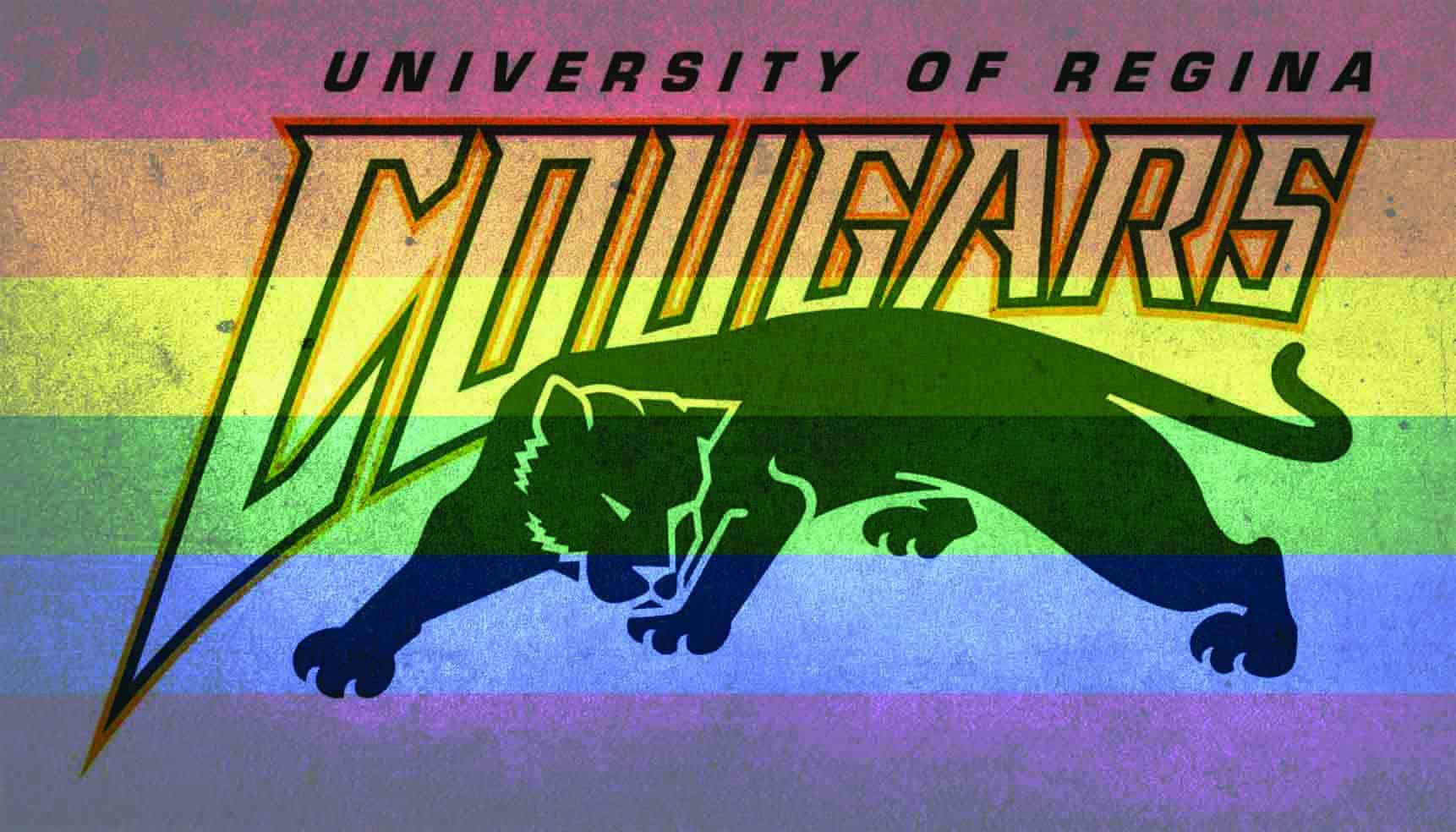USPORTS releases new policy

author: john loeppky | editor-in-chief

Inclusive policy aims to welcome trans athletes / Cougars photo manipulation by Jeremy Davis
Trans athletes welcomed in new procedure
U SPORTS, what used to be named the CIS, or Canadian Inter-University Sport, has adopted a policy in relation to trans athletes competing in sports at the university level, a first in Canada.
A Sept. 26 press release detailed the contents of the policy as well as how it came to fruition.
“Effective immediately, U SPORTS student-athletes will be eligible to compete on the team that corresponds with either their sex assigned at birth or their gender identity, provided that the student-athlete complies with the Canadian Anti-Doping Program. The new policy was developed by the U SPORTS Equity Committee, in consultation with the broader U SPORTS membership, and approved by the U SPORTS Board of Directors.”
The same release also quoted Lisen Moore of McGill University, who is the chair of the organization’s equity committee, speaking about the importance of this movement for those involved in collegiate sports in Canada.
“The members of the Equity Committee were driven to ensure that all students at our Canadian universities have equal opportunities of being selected to varsity teams regardless of their gender or their gender identity and expression…We are thrilled by the support of the Board on our leading-edge transgender policy, and we are now looking forward to assisting our member institutions with the roll-out and implementation of that policy.”
Cat Haines, program coordinator at UR Pride, said that this policy opens new doors for those athletes that do not fit into the stereotypical roles present in university sport.
“I think it’s a really positive change for the most part… it’s going to have broad impact and it uses relatively inclusive language in terms of athletes being able to play on a gendered team that’s either corresponding to the gender they were assigned at birth or the gender that they identify with.”
Haines said that other steps will need to be addressed in order for the policy to reach its goals.
“One of the concerns that I would have about this policy is that they’re putting new policies in place around opening up access to being able to play on sports teams corresponding to your gender, but at the same time if they’re not concurrently working with the athletes, and coaches, and administrators, of those teams and programs, there’s still the potential for really violent transphobia to occur, which is something that we know happens in sports spaces.”
It is unclear how the University of Regina plans to implement the policy and also whether this policy change will impact the club teams that do not fall under the U SPORTS umbrella. Haines said one of the strengths of the policy is its level of usefulness.
“One of the things that I think this policy could do better, I think it does a lot of things really, really well, it has a much broader level of applicability and of compassion and equity than, say the Olympic procedures.”
“By having wording that is you can participate on either the team that you were assigned at birth or the team of your gender identity, makes it difficult for people who identify as neither men nor women to figure out which team they’re allowed to be on.”
The policy’s exact wording positions itself in relation to other policies from similar organizations such as the Canadian Centre for Ethics in Sport.
“A student-athlete remains limited to five total years of eligibility, and may only compete on sport teams of one gender during a given academic year, according to the policy. In accordance with the CCES guidance report, U SPORTS’ approved policy does not require student-athletes to undertake hormone therapy in order for them to compete in the gender category that is consistent with their gender identity.”
Carillon staff will continue to update this story as it develops.









